Innovative cryopreservation technique revives adult corals, safeguarding their genetic material to seed future populations.


Innovative cryopreservation technique revives adult corals, safeguarding their genetic material to seed future populations.

Contrary to previous assumptions, giant viruses play a vital role in sustaining algal blooms that form around the world every year.
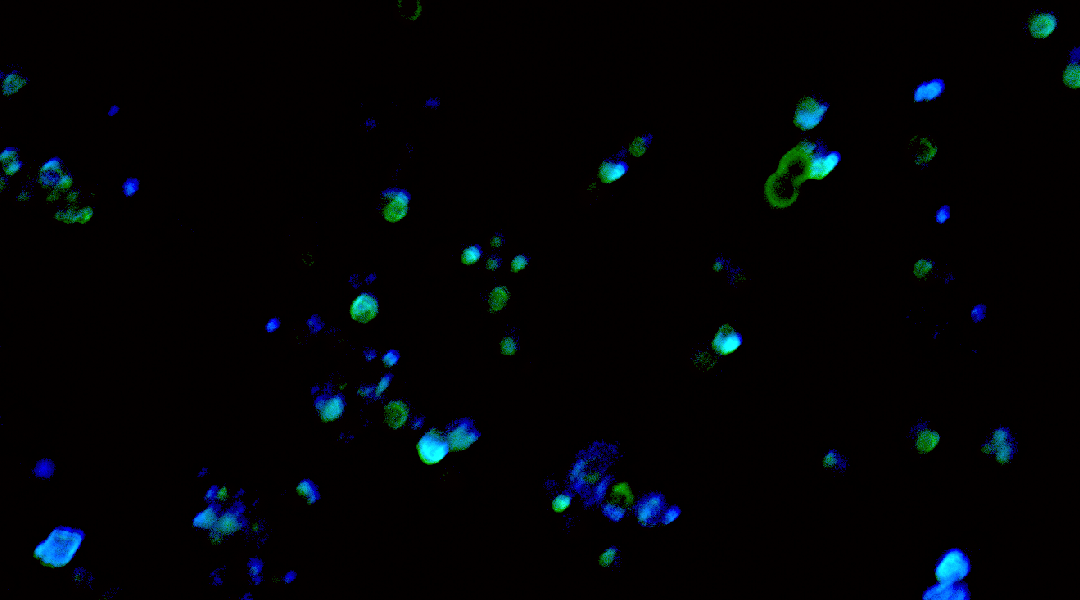
Swarms of iron-clad algae have been built to sweep through bodies of water to collect elusive bits of micro- and nanoplastics.

Through awareness and education, individuals may become more conscious of their future spending choices, ultimately contributing to the success of the right to repair movement.
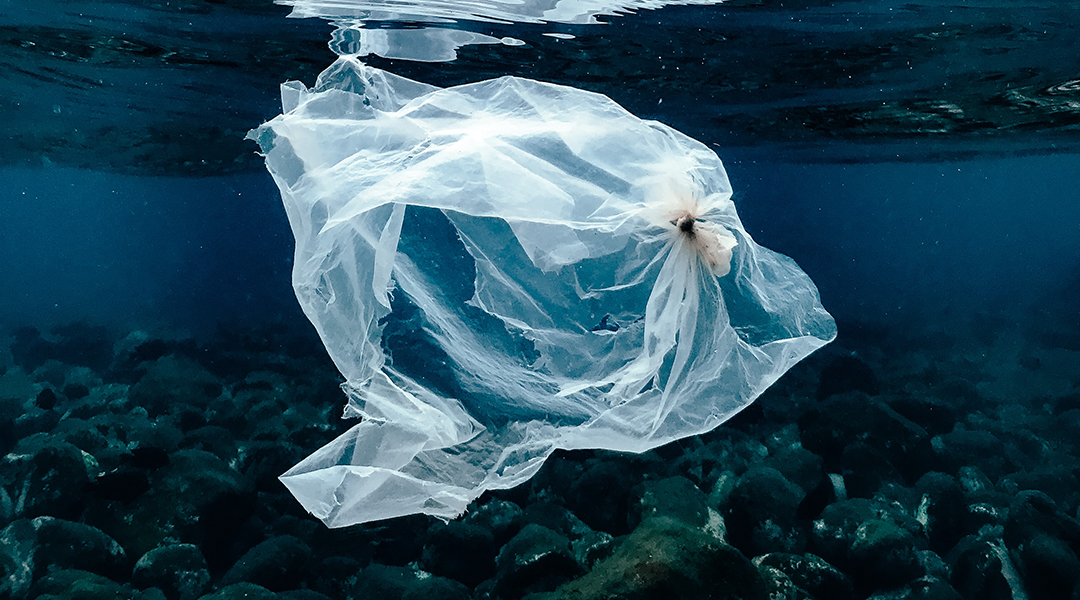
Magnetic iron nanoparticles shown to eliminate persistent water pollution, such as microplastics and oils.
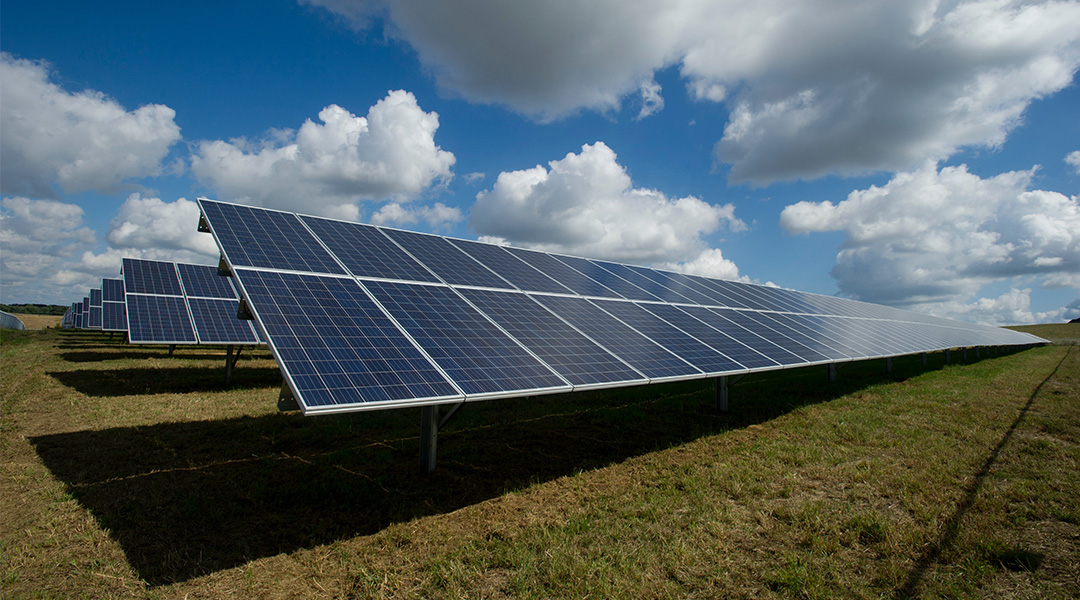
Autonomous materials laboratories and the research communities that build them will be crucial to achieving our climate goals.
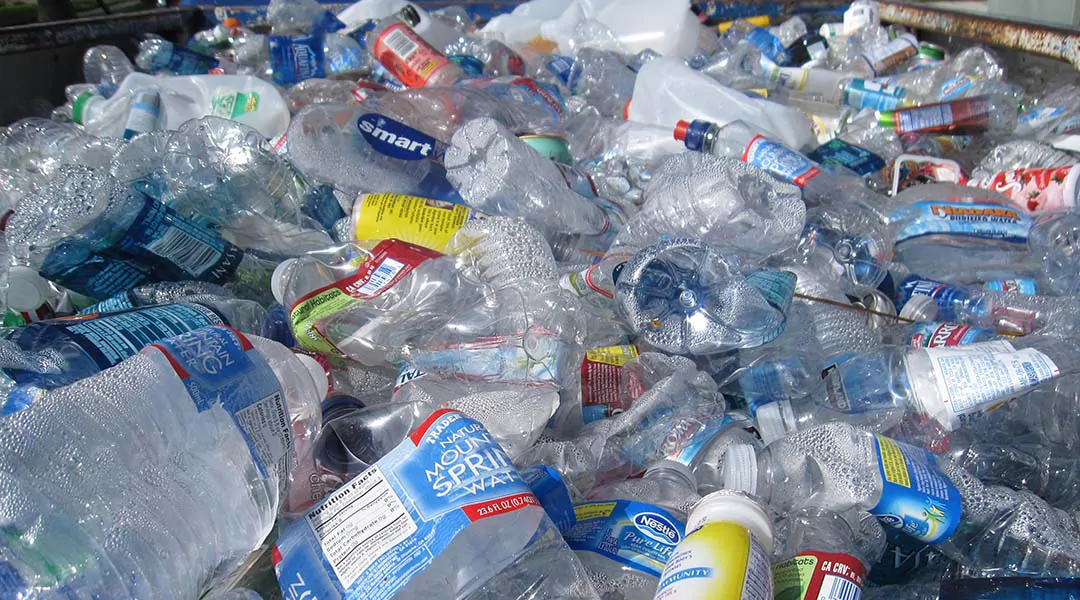
A flash heating technique breaks down plastic waste and converts it to pure hydrogen and graphene with significantly less emissions and at a low cost.

A renewable, carbon-based absorbent is challenging MOFs in carbon capture technology, offering sustainable solutions for emissions reduction.
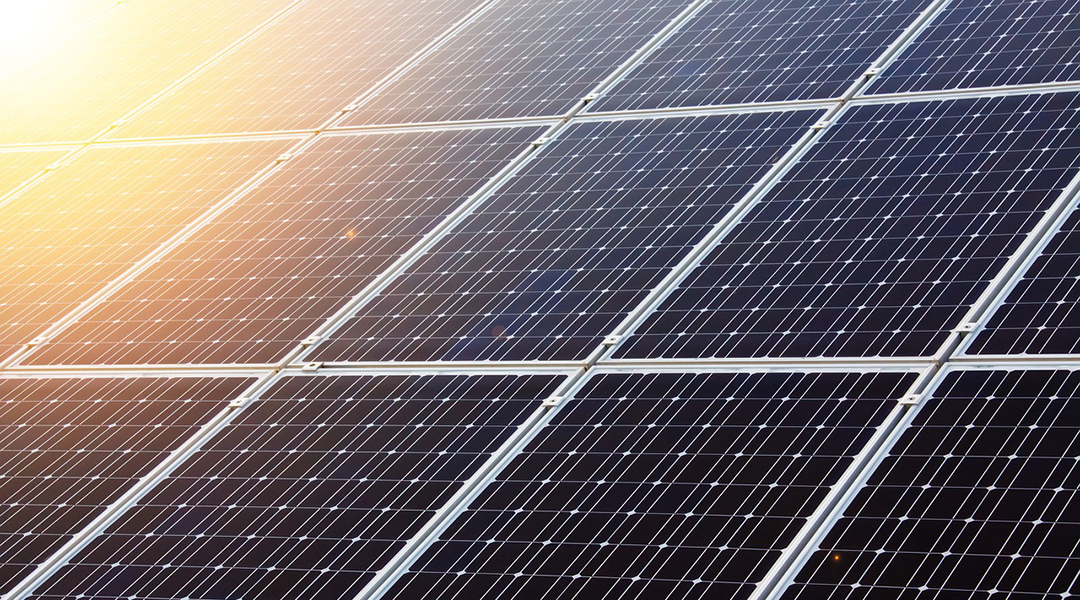
A new design approach and specialized organic material helps improve the efficiency of lateral solar cells, turning energy generation on its side.

Not just pretty pictures: Borneo-based wildlife photographer and conservationist Chien Lee has a deeper message.